Harvard Law Student Claims New Admissions Test is Racist and Discriminatory
Harvard University is one of the most well-known, respected, and prominent universities on the planet. However, the institution is getting some seriously bad press after changing its admissions requirements.
A Harvard Law School student wrote an article for the university’s newspaper that claimed Harvard’s new admissions test is both racist and discriminatory—and many agree.
Understanding Previous Application Requirements
For years, prospective students applying to Harvard were asked to write one open-ended essay and two short form essays

Source: iStock
arvard students argue that this previously used format allowed students to express themselves and their personal struggles and triumphs freely, no matter where they came from or what they experienced. However, the new admissions test does the complete opposite.
The New Harvard Law Admissions Test
According to an op-ed in the school newspaper, the new admissions test requires that any prospective student write five 200-word essays, each about a particular subject.
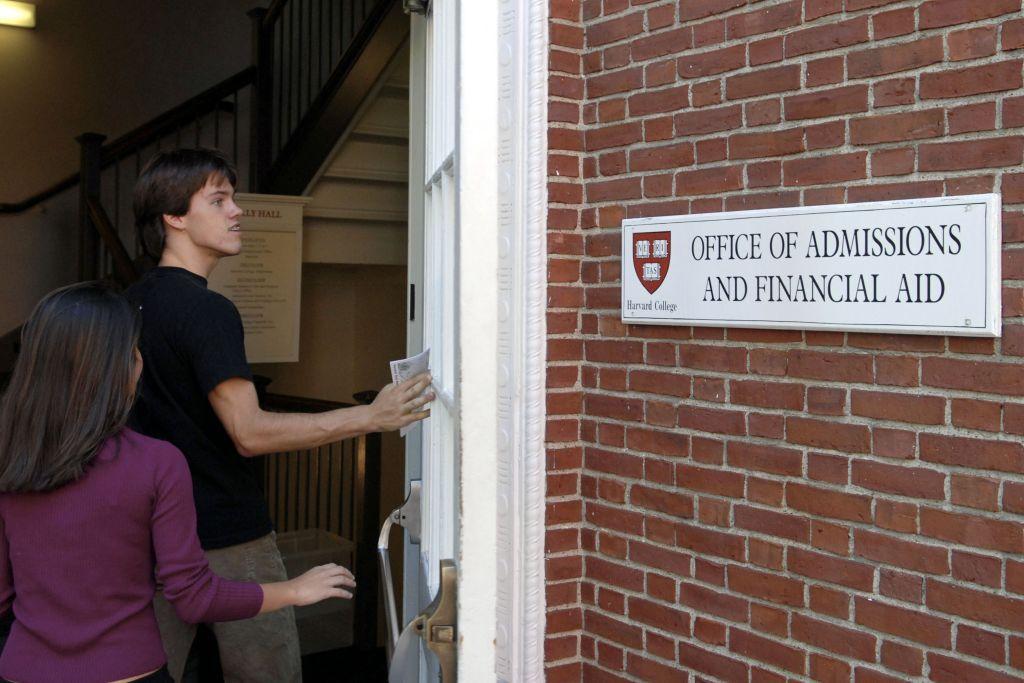
Source: Glen Cooper/Getty Images
One of the essay questions asks students to “Briefly describe an intellectual experience that was important to you.” The others require them to explain their extracurricular activities, aspirations for the future, and finally, one short essay about their real life experience.
Why Is the New Harvard Format Receiving Backlash?
The article in the Harvard University newspaper explains that this new format is, in fact, racist and discriminatory as it does not allow students of “non-traditional backgrounds” to explain themselves and their situations.
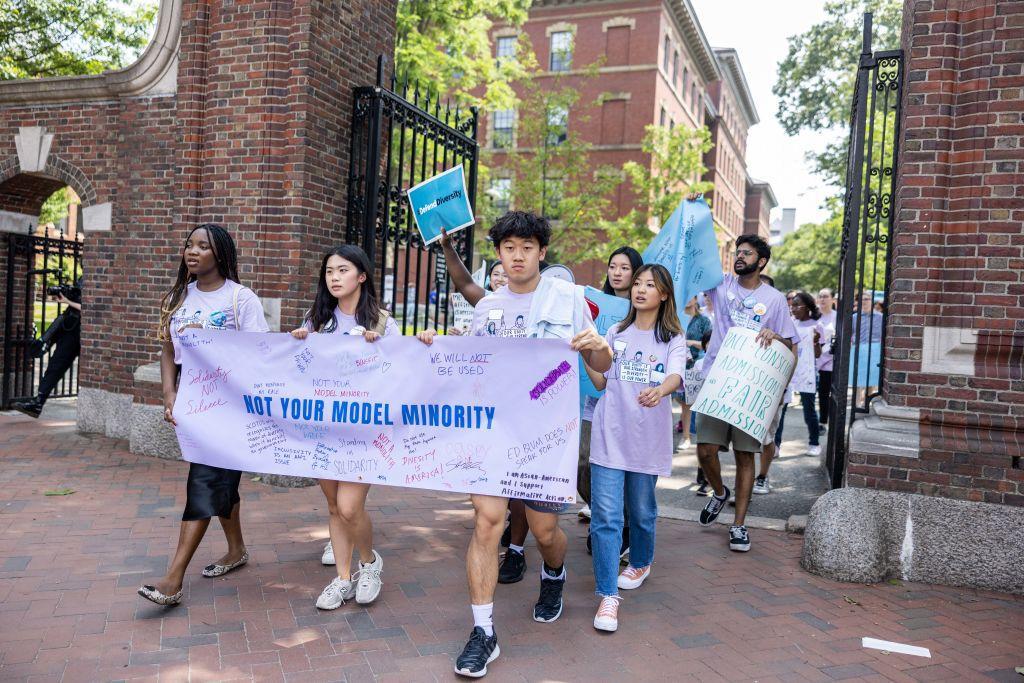
Source: Scott Eisen/Getty Images
According to the article’s author, “Shortening the essays has a disparate impact that falls heaviest on those from marginalized backgrounds. Learning to package yourself within a shorter amount of space is a product of advanced education; longer essays more equitably allow applicants to discuss their experiences in full, particularly if they are from non-traditional backgrounds and require more space to elaborate on nuanced qualifications.”
The ‘Intellectual Experience’ Question is Especially Oppressive
The author also argued that the question which asks students to describe an important intellectual experience is especially oppressive, because some haven’t had academic opportunities due to their school or background.

Source: Brooks Kraft/Corbis/Getty Images
The student wrote in the article, “This question seemingly privileges applicants from well-resourced backgrounds for whom additional academic opportunities were plentiful in high school.”
Some Argue the New Prompts Are More Helpful Than Harmful
Alongside the article, two Harvard students wrote another op-ed arguing the other side of the debate.

Source: Robert Spencer/Getty Images
They wrote, “The new five prompts ask applicants to talk about different aspects of themselves, from their intellectual interests, extracurriculars, and family responsibilities to their life experiences. These prompts give clear guidance on what Harvard wants to know about its applicants. For a student with limited experience in writing an application, the prompts assuage the burden of trying to determine the aspects of their life that are of interest to Harvard.”
Why Did Harvard Change Its Essay Formatting?
It’s important to understand that this change in the admissions essay comes directly after the government ruled to abolish affirmative action.
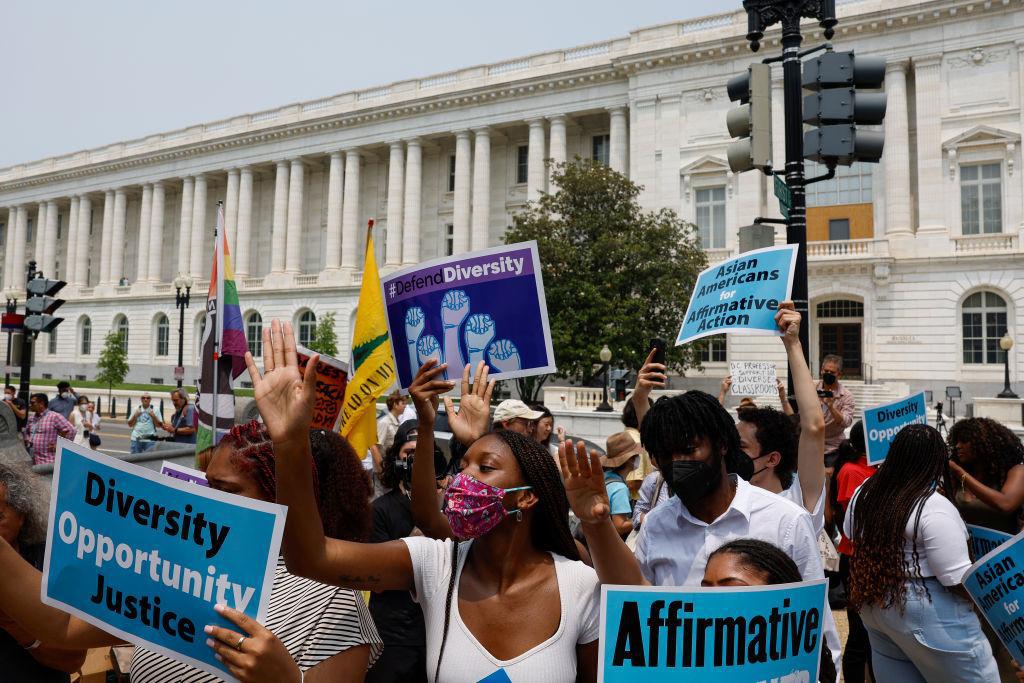
Source: Anna Moneymaker/Getty Images
Essentially, Harvard is attempting to ensure all applicants receive equal opportunities for acceptance now that they can no longer favor students from disadvantaged or underrepresented backgrounds.
Understanding Affirmative Action
Affirmative action was put in place at several colleges and universities around the country in the 1960s.

Source: Getty Images
At that time, racism and discrimination were still rampant, and schools saw affirmative action as an opportunity to ensure students of all races, genders, religions, and international origins received the opportunity to attend a university.
Supreme Court Rules to Abolish Affirmative Action
However, while affirmative action has long been considered a successful way to increase diversity in schools and businesses, earlier this year, the Supreme Court ruled to abolish the practice.
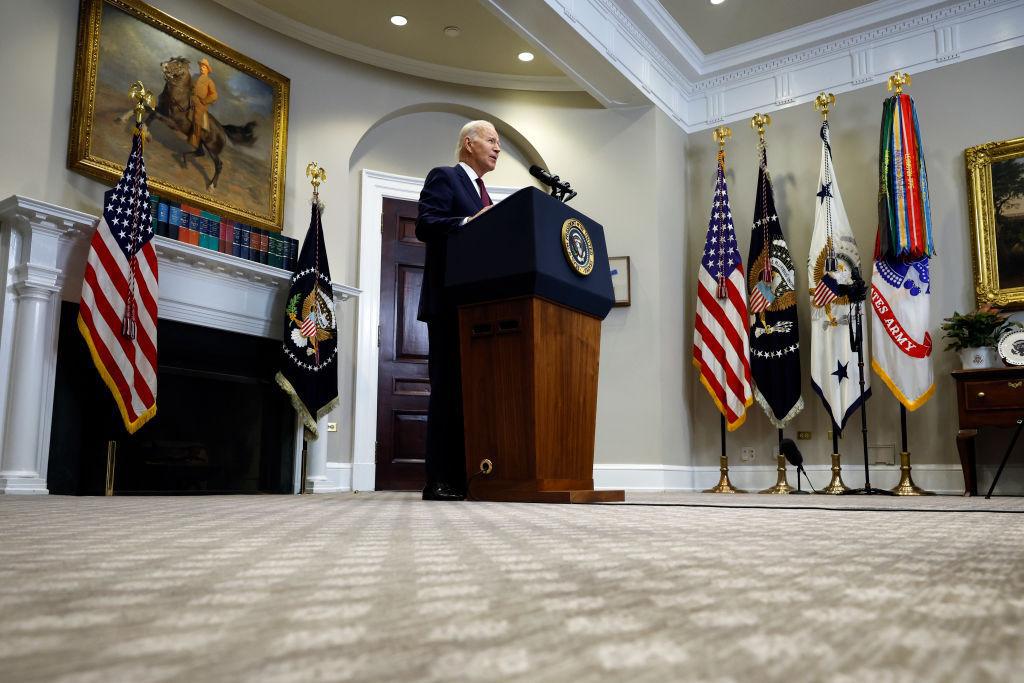
Source: Chip Somodevilla/Getty Images
The Supreme Court claims that people should be evaluated as individuals, not on the basis of race, gender, or religion, and that the practice of affirmative action is actually unconstitutional.
Supreme Court’s Ruling Sparks Nationwide Debate
This ruling has started an incredible debate at Harvard and around the country. Some believe that by removing the practice, the country will “[roll] back decades of precedent and momentous progress.”

Source: Scott Eisen/Getty Images
Others claim that making race and gender irrelevant in the application process will improve the university’s ability to choose students who have worked the hardest and, therefore, deserve to be accepted.
Are More University Changes on the Way?
Harvard’s adjustment to its admissions test is only the beginning of changes that will likely be employed by universities around the country.

Source: Anna Moneymaker/Getty Images
Without affirmative action in place, schools will be assessing how to make sure their student body is diverse and inclusive without breaking the new laws.
Will Harvard Keep the New Admission Letter Format?
Whether or not the op-ed piece in the Harvard newspaper will affect the admissions office’s choice to keep the new essay formatting remains to be seen.
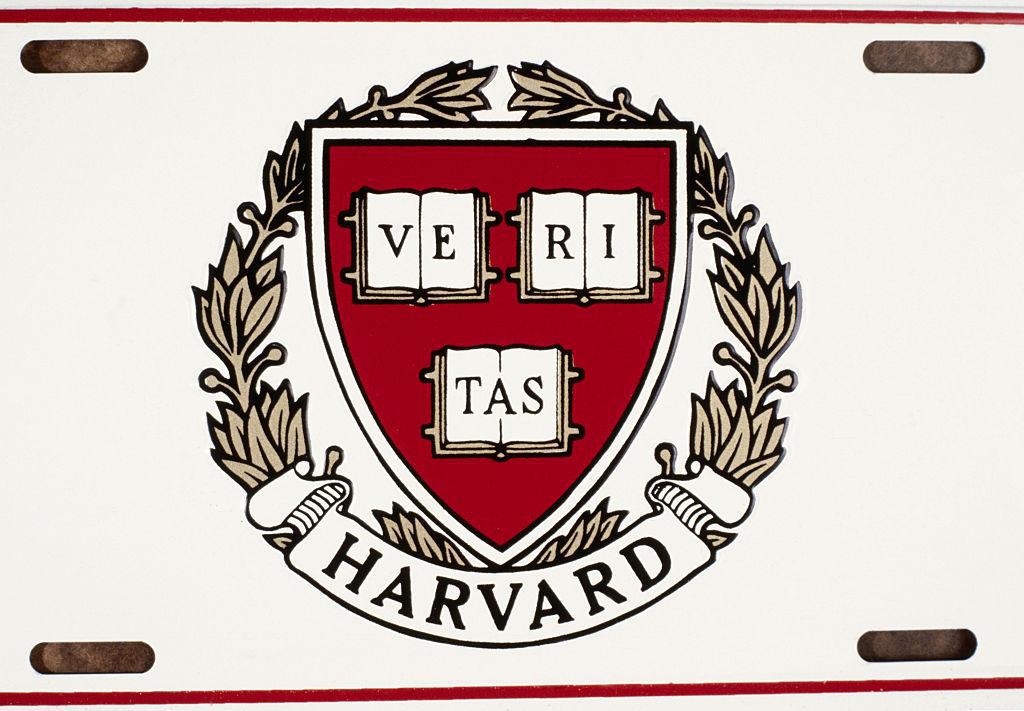
Source: Getty Images
However, as Harvard is constantly in the spotlight as one of the most respected schools in the world, its decision as to how to proceed with admissions without affirmative action will be closely watched by the general public.
